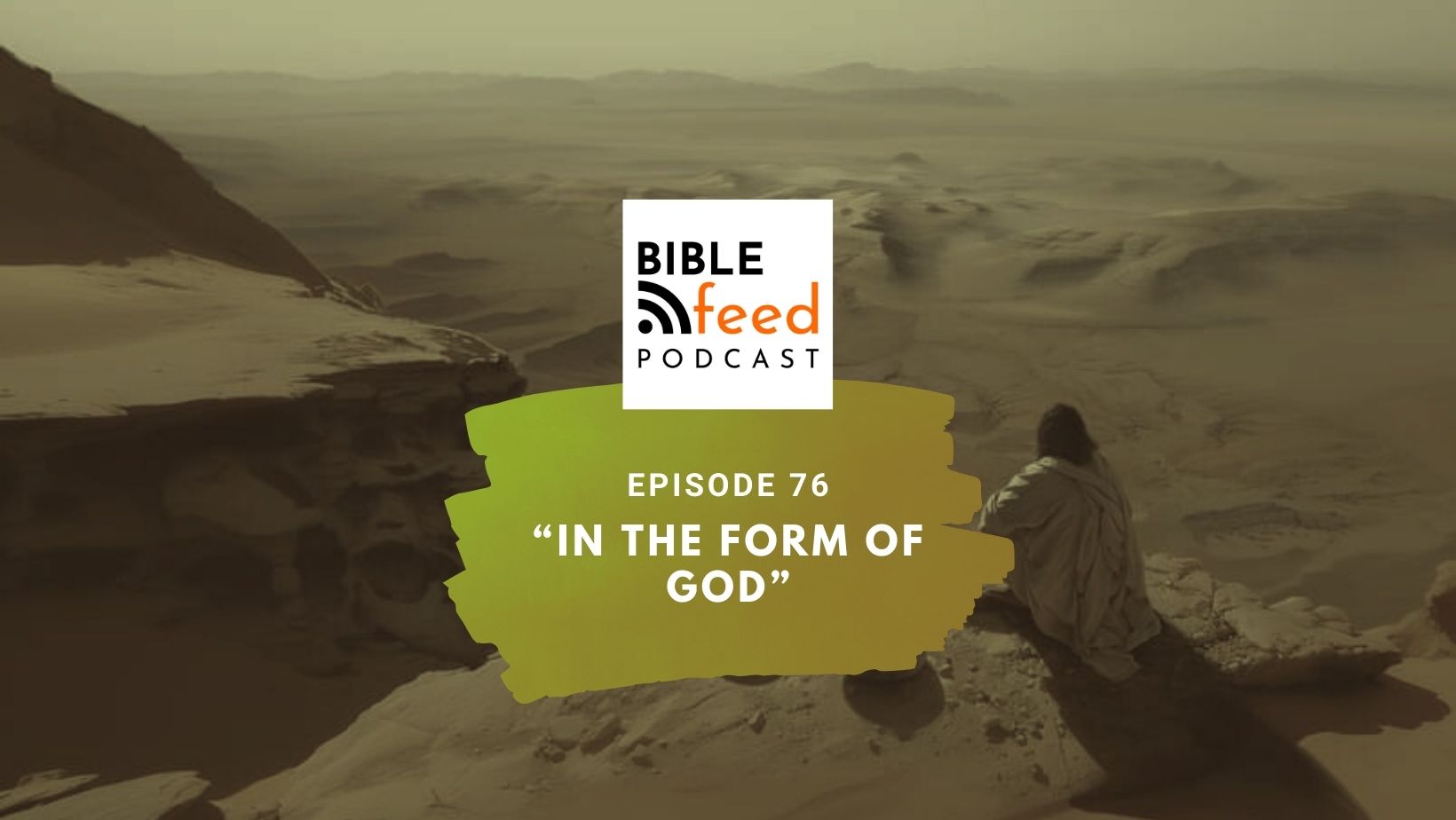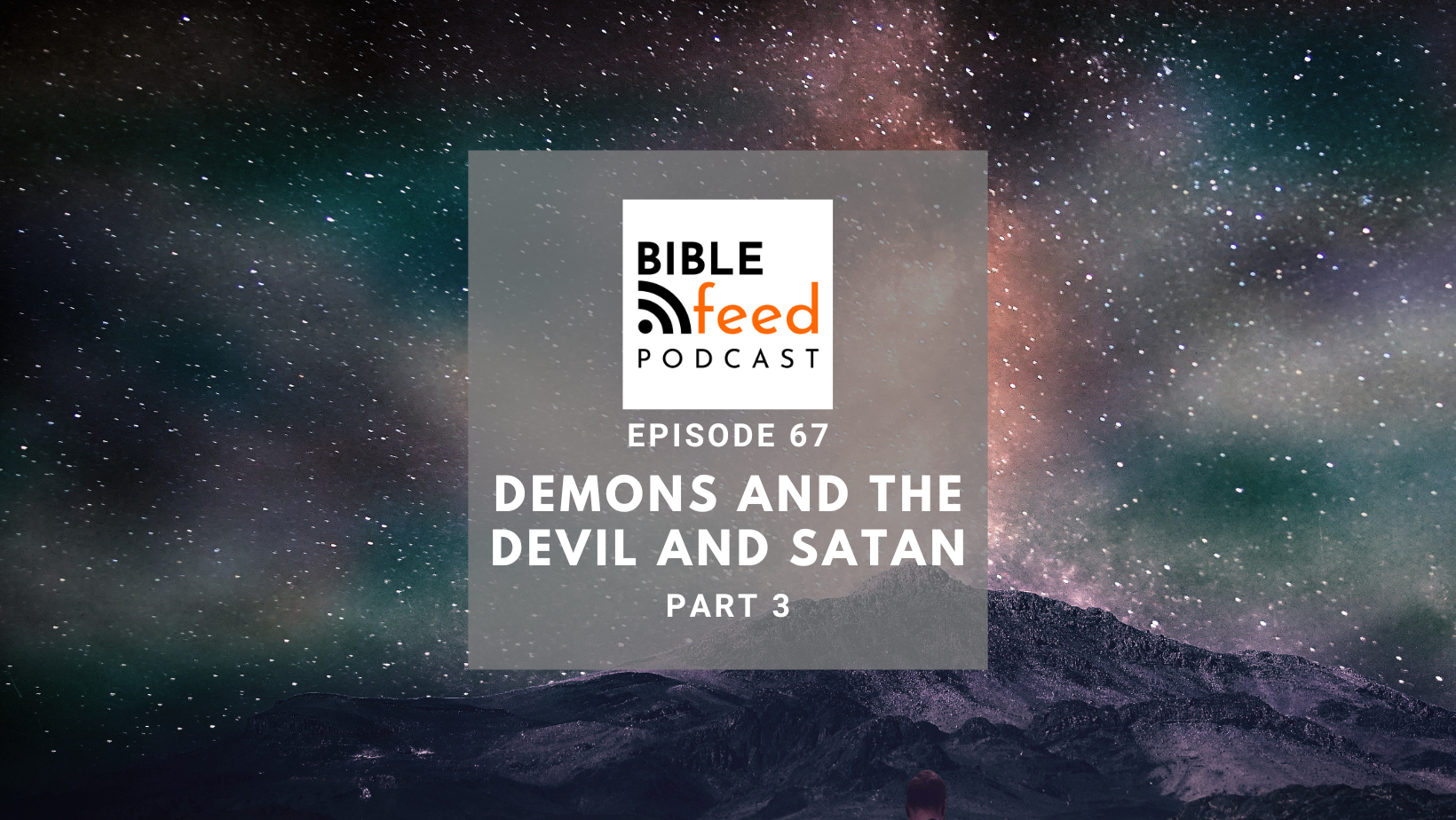In this episode, instead of a high level overview, we delve deep into one complex and much debated passage in Philippians 2 which says that Jesus was "in the form of God". We navigate through various translations, interpretations, and biblical contexts to uncover the essence of this pivotal scripture.
Where do demons fit into a Biblical theology? We look at the few places they appear in the Old Testament and find them linked to the idols worshipped by the peoples around the ancient Israelites. It turns out they are presented as having no real existence or power. So why do demons suddenly make a large appearance in the Gospels?
In the dead of night, in the middle of the sea of Galilee under a ferocious storm, Jesus appears walking on the waves towards his disciples. He calms the sea and the boat is immediately at land and safety. It's no wonder that the disciples were amazed at this. What did this mean? If Jesus could control creation by walking on the raging sea, does that make him divine? Does walking on water show that Jesus is God?
How can Jesus uniquely be called the Son of God? Does calling him the Son of God make him Deity in any sense? What is Jesus claiming when he says he is the Son of God? All these questions and more are considered in this episode.
What does it mean for something to be the inspired word of God? Is it possible to explain how that happens, and if we can't, what certainty can we have about divine authority behind the text of the Bible? Considering these questions leads us to realise how important it is to treat the text with respect and be responsible and humble in how we draw out our interpretations of God's word.
We chat to author, Martha Sales, about her zany novel, The Enormous Tiny Experiment, and how a perfect world free from suffering is all but impossible. The conversation ranges from the New Atheists and questions about suffering to plate tectonics, go-karts and the universal existence of morality.
Paul chats to Mark Vincent, the author of a small book with big ambitions, entitled Life's Biggest Questions. They talk about how the book came about and step through some thoughts on those major questions - Where did we come from? Why are we here? Where are we headed?
Who is God addressing in Genesis 1:26 when he says "Let us make man in our image"? Is this evidence for the Trinity? Despite the verse often being used in this way, it doesn't take long to find some problems with this conclusion.
When Jesus said "I and the father are one", what was the context? Our discussions lead us to understand that the phrase shouldn't be a theological battleground but is part of an intensely profound and practical theme for the lives of believers in Jesus which weaves through all parts of the New Testament.
What or where is heaven? We explore what "heaven" meant to the Biblical writers, concluding that it's much less about a physical location and much more about the presence of God and a relationship that ordinary people (on earth) can have with him through Jesus.





